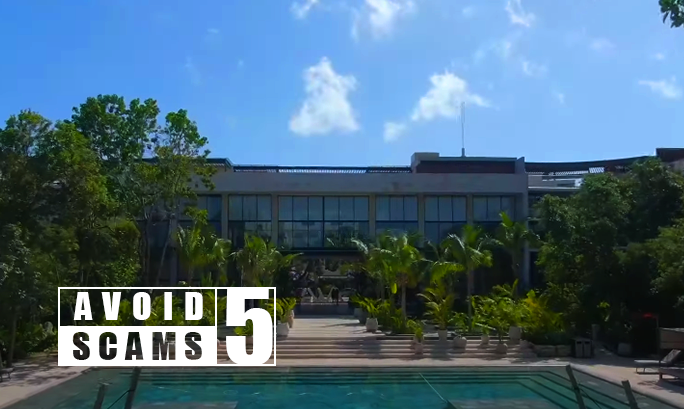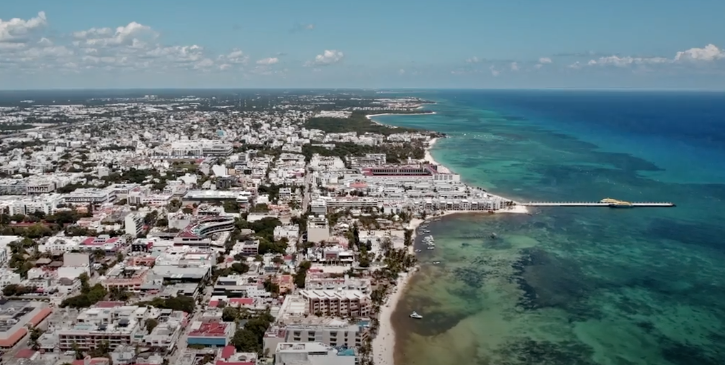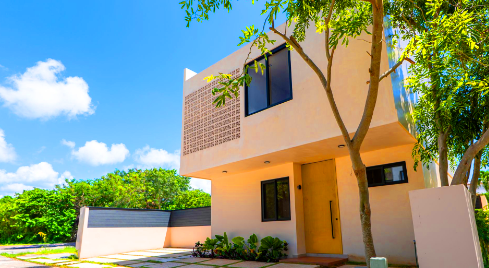How Not To Get Scammed Part 5: Due Diligence in Mexico

Skipping Steps Can Cost You A lot Later On: A qualified attorney MUST perform due diligence before you sign a sales agreement
Navigating property transactions in Mexico can be complex, and failing to conduct proper due diligence can lead to significant problems. Before you commit to purchasing property, it's crucial to thoroughly investigate its legal standing and the seller's legitimacy. This article outlines the essential checks to perform to ensure a secure and transparent transaction.
Get expert help from the get-go with one of Mycasa Real Estate's licensed buyer's agents. Dont go it alone and fall prey to unscrupulous sellers or developers.
How Not To Get Scammed Series
Part 1 | Part 2 | Part 3 | Part 4 | Part 5 | Part 6 | Part 7 | Part 8 | Part 9 | Part 10 | Part 11 | Part 12 | Part 13 | Part 14
What Due Diligence is Required for Property Purchases in Mexico?
When buying property in Mexico, robust due diligence is paramount. The goal is to verify the property's legal status, the seller's right to sell, and the absence of any hidden liabilities that could jeopardize your investment. Rushing this phase can result in costly disputes and even loss of the property.
Key Due Diligence Steps for Mexican Property
1. Verifying Property Title and Ownership
A fundamental step is to confirm the property's legal title and the seller's right to transfer it. Without a clear title, you risk purchasing a property with unresolved legal claims.
- Does the property have title issues? A thorough title search reveals any existing encumbrances, disputes, or inconsistencies in the ownership chain.
- Does the seller actually own it? Confirm the seller's identity matches the registered owner of the property. This prevents fraudulent sales by individuals who do not possess legal ownership.
2. Checking the Public Registry for Liens and Notices
The Public Registry of Property provides vital information about a property's legal history and any outstanding claims against it. This is a critical resource for identifying potential red flags.
- Are there any issues with the property in the public registry? Are there liens? Search for any registered liens, mortgages, easements, or other encumbrances that could affect your ownership rights.
- Has another transaction posted a notice in the public registry that the property is already in the process of changing hands? A recorded notice of intent to sell or purchase indicates a pending transaction, which could mean the property is already committed to another buyer.
3. Due Diligence for New Construction Properties
Purchasing a newly constructed property introduces additional layers of due diligence, particularly concerning permits and land ownership.
- If it's new construction, does the developer have all required permits and licenses? Verify that the developer has obtained all necessary construction permits, environmental licenses, and zoning approvals from the relevant authorities. Lack of proper permits can lead to construction halts or demolition orders.
- Do they own the land? Confirm that the developer legally owns the land on which the construction is taking place. This prevents issues arising from construction on leased or disputed land.
- Is the land social land, aka ejido land? Ejido land is a special category of communal land in Mexico with complex legal implications. Transactions involving ejido land require specific legal processes and present a unique set of challenges that warrant separate, detailed consideration.
4. Reviewing the Sales Agreement for Fairness
The sales agreement is a legally binding document that outlines the terms and conditions of the property transaction. It must protect the interests of both the buyer and the seller.
- Is the sales agreement equitable for both sides of the transaction? Have a qualified legal professional review the sales agreement to ensure it is balanced, clear, and includes all necessary clauses to protect your rights as a buyer. Pay close attention to clauses related to payment schedules, delivery dates, penalties for default, and dispute resolution mechanisms.
Additional Relevant Due Diligence Considerations
Beyond the core checks, consider these additional factors to ensure a comprehensive due diligence process.
- Property Taxes and Utilities: Verify that all property taxes (predial) and utility bills (water, electricity) are current and paid. Outstanding debts can transfer to the new owner.
- Zoning and Land Use: Confirm the property's zoning classification and permitted land uses. This is crucial if you have specific plans for the property, such as building commercial establishments or modifying existing structures.
- HOA Fees and Regulations (if applicable): If the property is part of a condominium or a gated community, understand the homeowner association (HOA) fees, rules, and regulations.
- Environmental Concerns: For properties in certain areas, particularly coastal or ecologically sensitive zones, investigate any environmental restrictions or regulations that might impact development or use.
- Physical Inspection: Conduct a thorough physical inspection of the property to identify any structural issues, maintenance needs, or discrepancies from what was represented by the seller.
- Trust Agreement (Fideicomiso) for Foreigners: If you are a foreign buyer purchasing property in certain restricted zones (e.g., within 100 km of the borders or 50 km of the coast), you will need a bank trust (fideicomiso). Understand the terms and obligations of this trust.
Securing Your Investment
Thorough due diligence is the cornerstone of a secure property purchase in Mexico. Engaging experienced legal counsel specializing in Mexican real estate law is highly recommended to navigate the complexities and ensure all necessary checks are completed accurately. Prioritizing these steps will help you make an informed decision and safeguard your investment.











Comments (0)